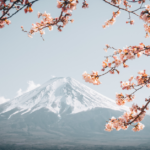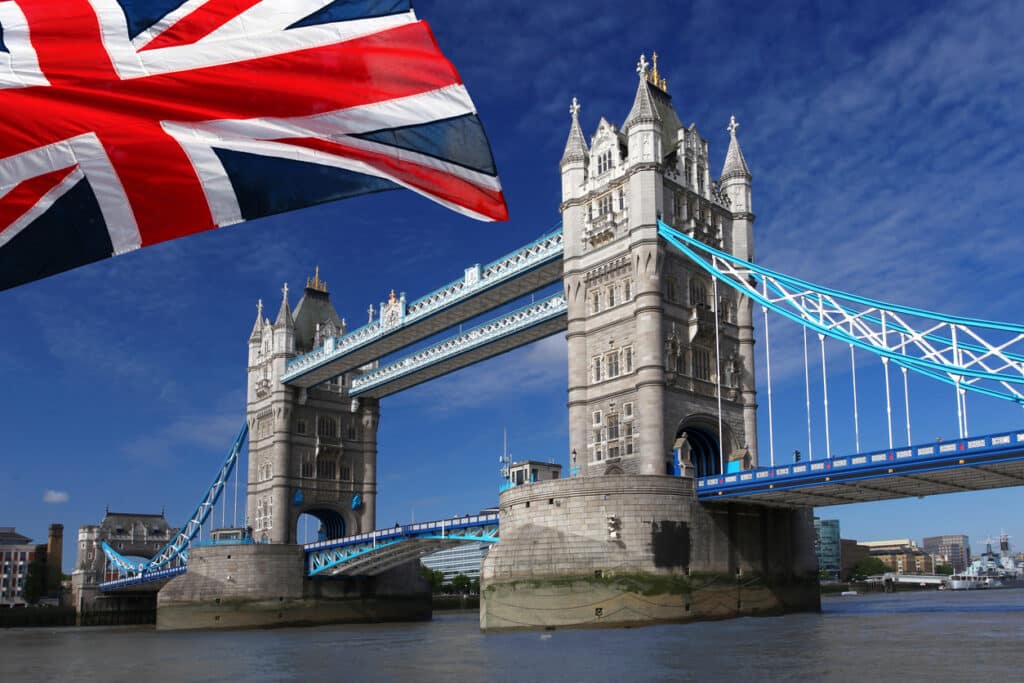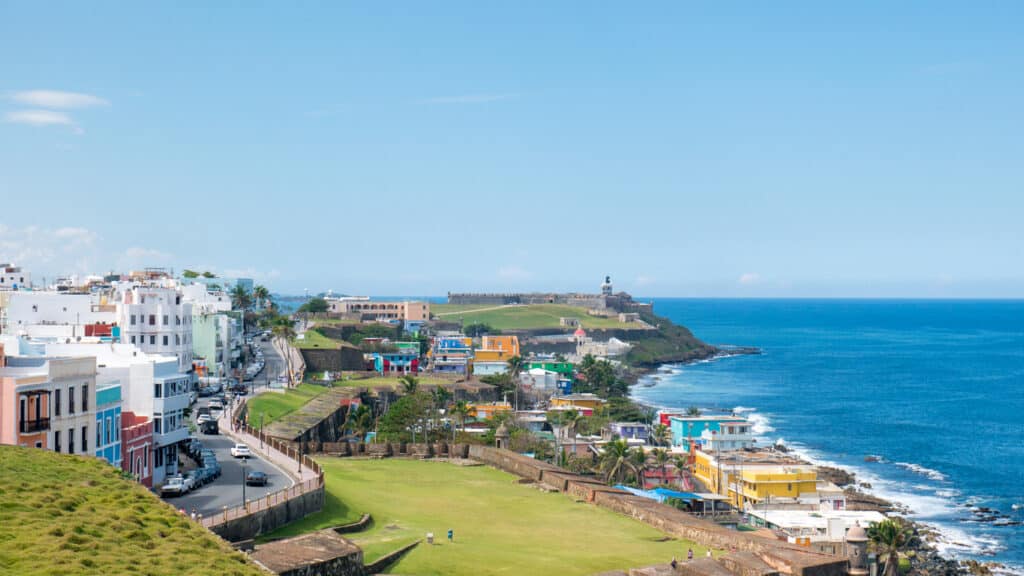Japan has long been hailed as a great vacation destination due to its natural beauty, rich culture, and delicious cuisine — but it’s also surprisingly common for Americans to retire in Japan.
And with Japan’s great healthcare system, low crime rates, and lower cost of living, it’s not hard to see why. Below, we’ll delve into everything you need to know about retiring in Japan: what your visa options are, how their healthcare system works, where to retire, and more.
Many retired Americans live in Japan
As we mentioned, you might be surprised by how many retired Americans live in Japan. In fact, the US sends Social Security checks to some 45,000 Americans in Japan: the second-most in any foreign nation, just behind Canada (home to about 70,000 American Social Security beneficiaries).
So what exactly draws so many American retirees to Japan? In some cases, the many benefits of living in the country attract them – and we’ll get into these below. For others, however, the move is initially due to a job placement.
Many Americans initially relocate to Japan as military personnel
Worldwide, Japan is the foreign country with the highest number of US troops (nearly 54,000) and military bases (120).
It’s not uncommon for these troops to build a life in Japan, find a partner, and live the rest of their lives there, away from their home country. Indeed, the military has various assistance programs that help military personnel transition into civilian life after service, which includes help with finding a job and getting a residence visa.
Benefits of retiring in Japan
A few of the many reasons Americans choose to retire in Japan include the following points.
An excellent healthcare system
Japan’s healthcare system is often ranked as one of the best in the world — which explains in part why the country has the third-highest life expectancy in the world. With highly qualified practitioners, advanced technology, clean and modern facilities, and an emphasis on preventive care, Japanese healthcare offers excellent quality at reasonable prices.
Affordability
While prices do, of course, vary based on location, it’s generally much less expensive in Japan than in the US. By some estimates, consumer prices (including rent) are 50.6% lower in Japan than in the US.
Safety
Japan has very low crime rates — in fact, it was named the ninth-safest country in the world according to the 2023 Global Peace Index.
Culture
Japan’s rich culture is a result of its long, complex, and fascinating history. Their distinct styles of art, music, and dress — as well as their customs and celebrations — garner admiration the world over.
Japan is a beautiful country
From ornate shrines and temples to bamboo groves, mountains, cherry blossoms, beaches, traditional gardens, and spotless, well-planned cities, there’s no doubt that Japan is a beautiful country.
Japanese cuisine
While Japanese cuisine may be best known for dishes like sushi and udon, their culinary repertoire goes far beyond that. Oyakodon, omurice, okonomiyaki, and curry rice are just a few of their must-try dishes.
How to retire in Japan as a foreigner
When thinking about retirement in Japan, many US citizens and permanent residents wonder: “Can an American even retire in Japan?” The answer, put simply, is “yes.” However, it’s worth noting that it can be more challenging for some individuals than others.
Americans with Japanese citizenship or permanent residence
If you’re a Japanese citizen or permanent resident, it will be significantly easier to retire there, as a) you will have already earned the right to live in the country indefinitely and b) you may be able to draw income from the Japanese pension system.
The retirement age in Japan is 65. To draw a pension, you must work in Japan and contribute to the national pension system for at least 10 years. To qualify for the full pension of ¥795,000 (~$5,282 USD) per year, however, you must have contributed to the system for 40 years. Anyone who has contributed less than that will have their payout adjusted accordingly.
Americans without Japanese nationality or residence
Non-permanent residents who only want to live in Japan on a part-time basis shouldn’t run into too much trouble either, as Japan allows Americans to stay for up to 90 days at a time. Outside of that, there aren’t any defined rules about how many days you can spend in Japan each year. That said, immigration officers have the right to deny you entry if they feel you’ve spent too much time there. So to live in Japan on a long-term basis, you will need a visa.
One challenging aspect of retiring in Japan is that they do not offer the kind of dedicated retirement visa that many other countries do. Instead, you’ll have to go with a different non-working visa.
Japan retirement visa alternatives
A few visas retirees may want to consider include:
Designated activities visa
Visitors who want to stay in Japan for an extended period for sightseeing or recreational purposes can apply for a designated activities visa. To qualify, you must be 18 years or older and have more than ¥30 million (~$19,940 USD) in savings. The visa lasts six months and may be renewed once for an additional six months.
Student visa
This visa is for those who plan on studying at a Japanese educational institution. Note that “educational institution” doesn’t only refer to a university. One of the more popular options is to enroll in an intensive Japanese course at a language academy, which you can do for up to two years.
Cultural activities visa
On a similar note, the cultural activities visa is for those who wish to study a traditional Japanese activity such as martial arts, flower arranging, Japanese drumming, tea ceremonies, etc. The visa may be issued from three months up to three years but is ineligible for an extension.
Visas for spouses
Japan offers different visas for those who marry a Japanese citizen, permanent resident, or long-term visa holder. These visas last between six months and five years, depending on one’s own and their spouse’s circumstances. Spouses of Japanese nationals and permanent residents can often extend these visas, while the spouses of Japanese visa holders may be able to extend their visa if their spouse does as well.
Long-term residency visa
Certain individuals with Japanese heritage can apply for a long-term residency visa, which lasts from six months to five years and may be extended. Qualifying circumstances include being the grandchild of Japanese nationals and second and third-generation Japanese settlers (Nisei and Sansei, respectively).
How long does it take to get a visa to live in Japan?
Japanese visas have a speedy processing time — typically, just five working days. This process may take longer in the event of an unusually high number of applications or complicated individual circumstances, though. Keep in mind, too, that you will need to dedicate time to gather the required documents for each visa.
Where to retire in Japan
There are many great places for expats to live in Japan. However, some of the best options for retirees include:
Retiring in Yokohama
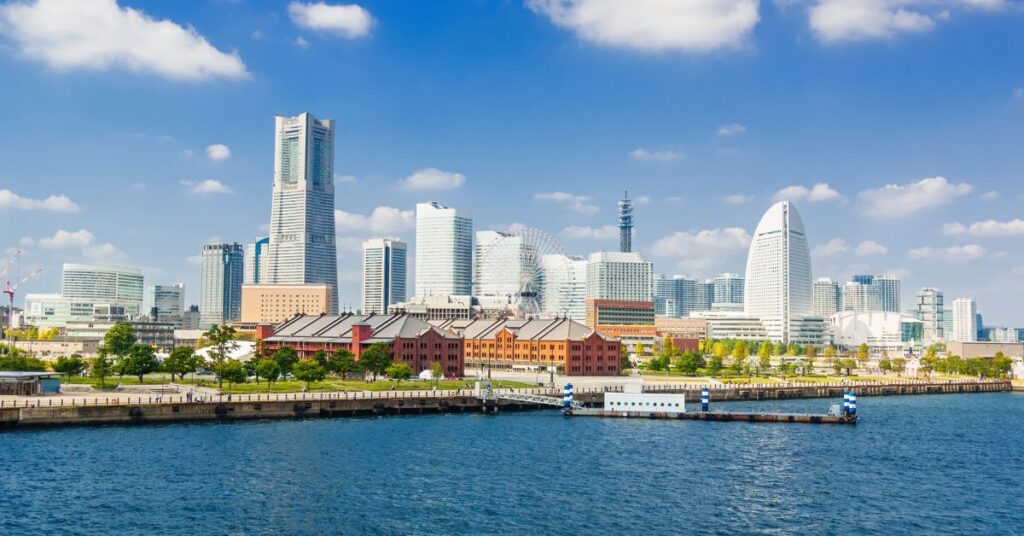
Yokohama offers all of the culture and excitement of Tokyo on a smaller scale. While it’s still Japan’s third-largest city, it’s about ⅓ of the population and size of Japan’s capital. Modernity and tradition sit side-by-side here, with a sleek skyline harmonizing seamlessly with historic landmarks. Whether you want to explore the restaurants and bars, shops, and museums, or relax among the plentiful green spaces and waterfront promenade, Yokohama offers everything.
Note: Yokohama is only about a 45-minute car ride away from Tokyo, making it easy to visit for appointments or just for fun. If you prefer to live even closer, you might want to look at some of these retiree-friendly wards in Tokyo.
Retiring in Okinawa
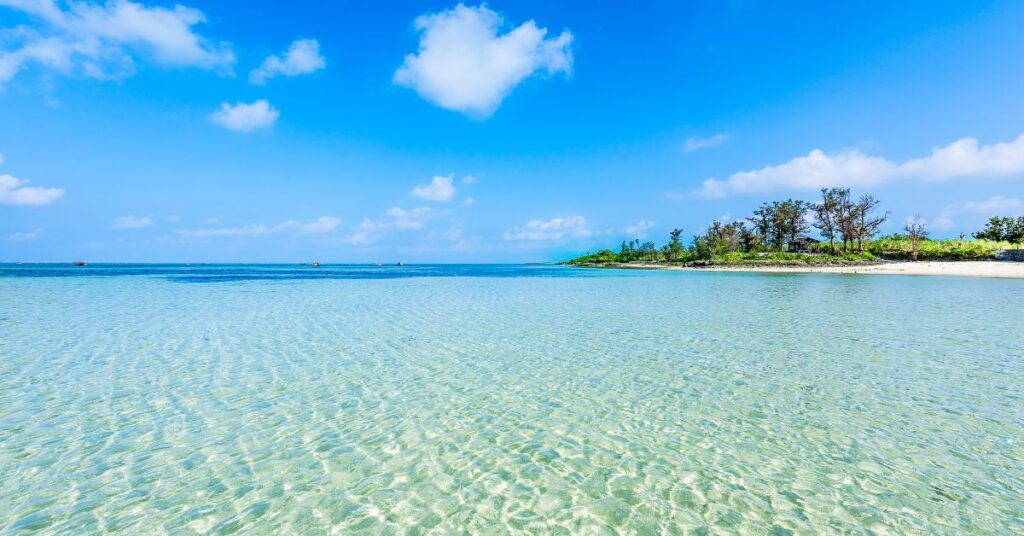
Okinawa may be best known as a US military outpost, but it’s got plenty to offer in its own right. Retirees living in Okinawa love the beaches, tropical climate, and slower pace of island life. And thanks to its Ryukuan culture, which blends elements of Japanese, Chinese, Southeast Asian, and indigenous customs, Okinawa has a distinctly different feel from the rest of Japan. Expats tend to favor areas like Yomitan, Chatan, and Sunabe.
Retiring in Nara
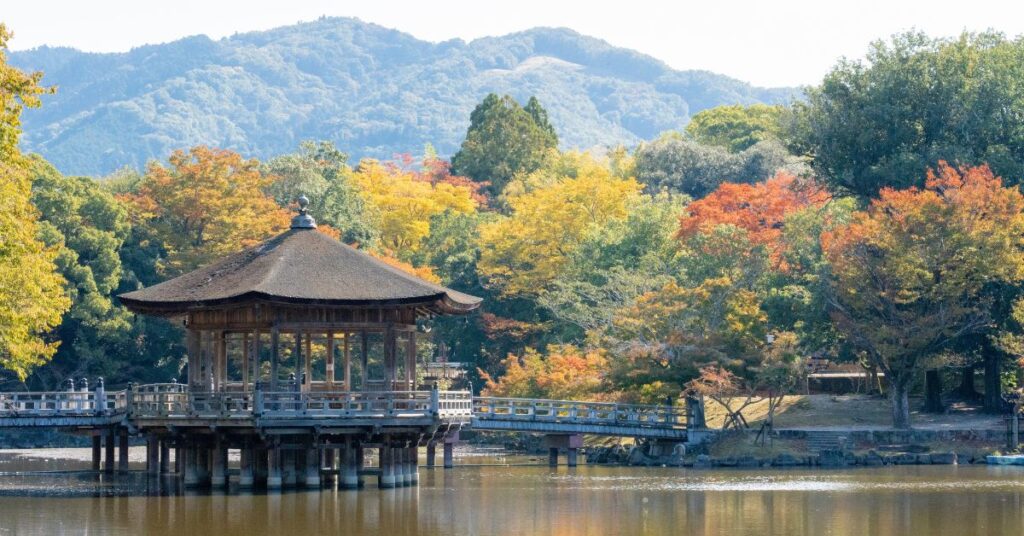
If you prefer a more remote lifestyle, you might enjoy the Nara prefecture. While 367,000 people reside in its capital, it’s still quite a small city center by Japanese standards — and there are plenty of charming rural towns nearby if peace and quiet is your priority. This small, traditional prefecture is known for its palaces, shrines, free-roaming deer, and onsen, or natural spring baths.
Healthcare in Japan for US Expats
As we mentioned earlier, Japan has an excellent healthcare system. As Japan’s population continues to age, it may come under some strain. However, economic growth is expected to offset most of the additional financial burden this could create (at least in the near future). On the positive side, this means that the Japanese health system is already well-versed in providing care to the country’s large senior community.
Anyone who has lived in Japan for more than three months will have to purchase health insurance. Those who will be staying in the country for more than a year may enroll in the National Health Insurance (NHI), Japan’s universal healthcare program. NHI is funded primarily through general tax revenue, and typically covers 70% of medical costs, with patients usually paying the remaining 30%. The enrollment process often takes a few months, so you’ll want to get started as soon as possible.
Those who will be staying for less than a year, on the other hand, will have to purchase a private insurance plan. Many people enrolled in the NHI purchase supplemental insurance for treatments that fall outside of NHI’s scope, such as orthodontics. The prices for these vary greatly based on the policyholder’s age and health as well as the extent of coverage.
How much does it cost to retire in Japan?
Retirement costs in Japan depend largely on your lifestyle and location as well as the strength of the US dollar compared to the yen. Generally, you can expect to spend about ¥250,000 to ¥300,000 (~$1,660 to ~$1,990 USD) per month. For additional context, the average retirement savings in Japan for households headed by someone aged 60 or older is about ¥15.1 million (~$100,308 USD).
If you will regularly be transferring different currencies between foreign bank accounts, you may want to look into services like Wise, which are typically quicker and cheaper than traditional wire transfers.
Retiring in Japan on Social Security: Considerations
The average US Social Security payout is $21,384 USD per year, which is significantly higher than the average Japanese pension payout of ¥270,000 (~$1,793 USD) per year. With average US Social Security payments breaking down to about $1,782 USD per month, this income may be enough to live off of alone in Japan. That said, it’s always best to move abroad with as much in additional savings as possible.
Keep in mind, too, that those US Social Security payments are taxable income. Japan taxes its residents on worldwide income, which includes US Social Security income. However, non-tax residents may be able to avoid taxes on US Social Security income as long as it’s paid into a foreign account. The details can get complex, though, so it’s best to consult a Japanese tax professional to make sure.
Do Americans pay taxes in Japan?
The US has a unique citizen-based taxation system that requires all US citizens and permanent residents who meet the minimum income reporting thresholds — domestic or abroad — to file a federal tax return. If you’re also subject to taxes in Japan, you may worry about being taxed by both governments on the same income — but fortunately, there are ways to reduce or even eliminate that risk.
US-Japan tax treaty
The US and Japan do have a tax treaty, but a tricky savings clause limits the benefits for most Americans living in Japan. As a result, you would probably be better off claiming one of the tax provisions below.
US tax provisions for Americans retired in Japan
Some of the tax breaks that may offer relief for expat retirees include:
- The Foreign Tax Credit (FTC): The FTC lets US expats essentially subtract what they have paid in income taxes to a foreign government from what they owe to the US government (though as with all things US-tax related, it’s not quite that simple)
- The Child Tax Credit (CTC): The CTC can provide you with up to $1,500 USD per qualifying child in partially refundable credits. And despite what its name suggests, it can actually be applied to minor grandchildren and direct descendants of your immediate family, like nieces and nephews, as well.
- Credit for Other Dependents: Taxpayers who have a dependent that’s not a minor child can qualify for up to $500 USD per qualifying dependent in non-refundable credits.
Keep in mind, too, that:
- Withdrawals from post-tax retirement accounts, like Roth IRAs and Roth 401(k)s, are tax-free
- Only up to 85% of Social Security payments are subject to taxation
Common US filing requirements to be aware of when retiring in Japan
Americans abroad may also encounter additional or different reporting requirements than their stateside peers.
The Foreign Bank Account Report (FBAR)
Americans with over $10,000 USD in foreign financial accounts at any time in the tax year must file an FBAR.
The Foreign Account Tax Compliance Act (FATCA) & Form 8398
FATCA compels Americans abroad to file Form 8938 if they possess foreign financial assets valued at over $200,000 USD on the last day of the tax year, or over $300,000 USD at any point in the tax year.
Retiring in Japan - FAQ
-
Can an American retire in Japan?
Yes! The age of retirement in Japan is 65. While there’s no dedicated Japanese retirement visa, Americans with permanent residency in Japan can retire there fairly easily, as can retirees who want to live in Japan part-time (aka for less than 90 days at a time). To live there on a longer-term basis, however, you would need to apply for a visa like a student visa, cultural activity visa, or long-term residency visa.
-
What currency is used in Japan?
The currency in Japan is the Japanese yen (JPY). $1 USD is equal to about ¥151.
-
What language do they speak in Japan?
Japanese is the only official language in Japan. With few people in the country fluent in English, many Americans who move there learn at least some basic Japanese.

 Connect on LinkedIn
Connect on LinkedIn

